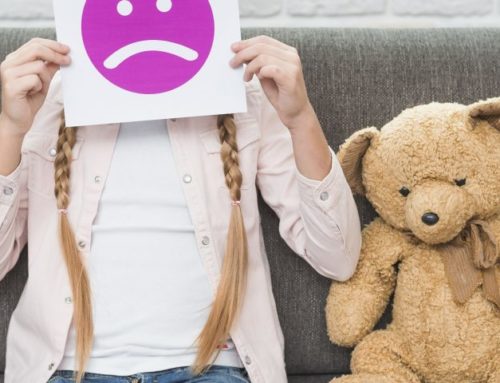One of the most stressful yet exciting times for a new parent is potty training. All sorts of potty training methods have been developed with some parents advocating for letting the child decide when potty training should start and other insisting that an 18-month-old child can be potty trained in only two days. Choosing the right method can be stressful especially when parents find that their children do not take readily to the chosen method. Other parents start and stop potty training, leading to frustration for the child. However, once potty training is completed, parents can feel a great sense of accomplishment knowing that the child is out of diapers for good. When parents question potty training approaches, the child’s pediatrician can help.
Steps to Helping Children with Potty Training
One of the best things that a pediatrician can do to help parents in this stage of development is to help them assess whether or not the child is ready to begin potty training. The child should be both physically and emotionally ready, able to sit on the potty seat and able to tell a parent what they need. Parents who begin the process too soon often set the child up for disaster and create a frustrating environment for all involved. In fact, research has shown that potty training is often an impetus for child abuse.
In addition, a pediatrician will be able to provide support to the parents along the way, helping them come up with rewards for potty training success and helping them understand why the child might not readily take to using the potty. On rare occasions, a child may have a physical reason why he or she may not be able to sense the need to use the toilet. In these instances, the pediatrician can diagnose and prescribe treatment or can refer the child to another health care professional.
Finally, many children suffer relapses in their potty training skills, which are often due to big life changes, such as moving, going to preschool or gaining a sibling. A qualified pediatrician can address these concerns and give parents the support they need to react calmly to these scenarios.




